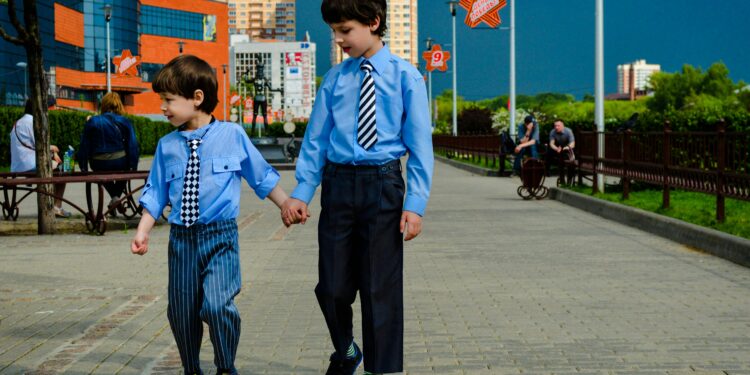For years, researchers have found that the eldest child tends to earn more money and perform better on cognitive tests than their younger siblings. However, experts have disagreed on which factors are the biggest drivers of this trend.
In an updated working paper published in February by the National Bureau of Economic Research, the authors found that one key factor was holding back younger siblings: They were more likely to get sick as infants.
After examining data on first- and secondborn siblings born in Denmark between 1981 and 2017, the researchers found that younger siblings were two to three times as likely as their older siblings to be hospitalized for respiratory conditions during the first year of their lives. The disparity was the largest when the secondborn child was born in the fall or winter — when respiratory illnesses are more common — and when the siblings were closer in age.
“We believe that these patterns are explained by the fact that infants with older siblings have more virus exposure — due to their older sibling, who is often in group childcare and ‘brings home’ viruses,” N. Meltem Daysal, an associate professor in the Department of Economics at the University of Copenhagen and an author of the paper, told Business Insider via email.
What’s more, exposure to illnesses may have long-term financial impacts. When the researchers looked at the earnings of children born between 1981 and 1989 in Denmark, they found that among employed siblings, younger siblings earned 2.4% less on average than their older siblings at the same age, Daysal said.
She said their research found the disparity in early health outcomes explained roughly 50% of the earnings gap between younger and older siblings.
Daysal told BI that studies across various countries and contexts corroborated the idea that older siblings tend to have more education and economic success than their younger siblings.




































